NOV 09, V7N- Climate change is increasingly being recognized as a major threat to public health, with experts warning that rising temperatures, extreme weather events, air pollution, and the spread of infectious diseases are already taking a toll and will continue to intensify. As the world prepares for the next round of UN climate talks (COP29) in Azerbaijan, many nations are facing the devastating effects of climate change, including severe heatwaves, floods, droughts, and storms, exacerbating existing health risks.
Extreme Heat
2024 is expected to be the hottest year on record, surpassing the previous year’s temperatures, marking the first time global temperatures are forecasted to exceed 1.5°C above pre-industrial levels. The World Health Organization (WHO) has highlighted the growing impact of extreme heat on human health, including increased deaths from heat-related causes, especially among the elderly. Heatstroke, kidney disorders, respiratory and cardiovascular diseases, and even pregnancy complications are among the health risks linked to rising temperatures.
In countries like India, heatwaves have led to thousands of deaths and tens of thousands of heatstroke cases. Similarly, climate-exacerbated flooding and storms have caused widespread fatalities and destruction, from Nigeria to Spain and the US. The increasing frequency and severity of droughts, floods, and other extreme weather events are also threatening food security by damaging global crops, contributing to rising hunger.
Air Pollution
A staggering 99 percent of the global population breathes air that exceeds the WHO's guidelines for safe air quality. This pollution significantly raises the risk of respiratory diseases, cardiovascular problems, and cancer, with nearly seven million premature deaths annually linked to poor air quality. Recently, cities like Lahore in Pakistan have seen air pollution levels soaring to dangerous levels, 40 times above what is considered acceptable.
On a positive note, efforts to reduce fossil fuel-related pollution, particularly from coal-burning, have resulted in a nearly 7 percent drop in deaths from air pollution between 2016 and 2021, but the problem remains widespread and severe.
Infectious Diseases
As the climate shifts, so do the habitats of disease-carrying organisms like mosquitoes, birds, and mammals, expanding their range and increasing the spread of infectious diseases. Mosquito-borne illnesses such as dengue, malaria, Zika, and West Nile virus are becoming more prevalent, with the transmission risk of the dengue-carrying mosquito increasing by 43 percent in the past six decades. A record five million dengue cases were reported globally last year.
Flooding and storms create stagnant water, ideal for breeding mosquitoes and increasing the risk of waterborne diseases such as cholera, typhoid, and diarrhea. These shifts are heightening concerns about the future spread of infectious diseases, particularly in regions already vulnerable to climate extremes.
In conclusion, climate change is not only a threat to the environment but also a direct and growing danger to human health, underlining the need for urgent global action to mitigate its effects and protect public health.
END/CLM/RH/



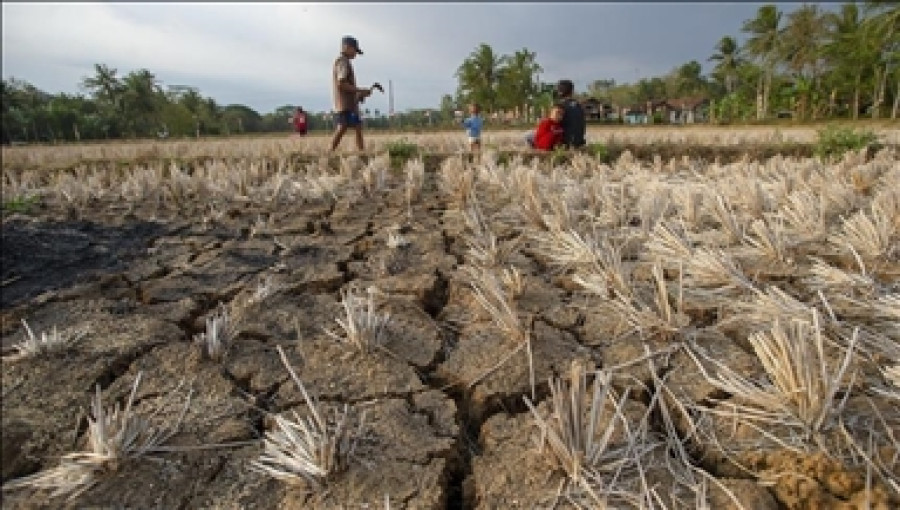
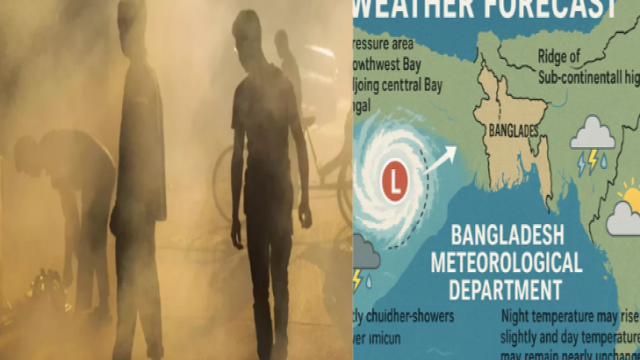
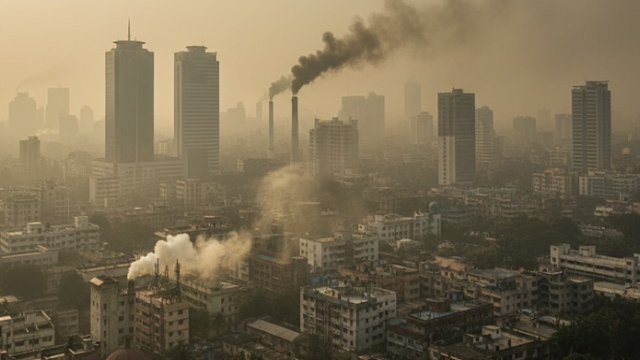

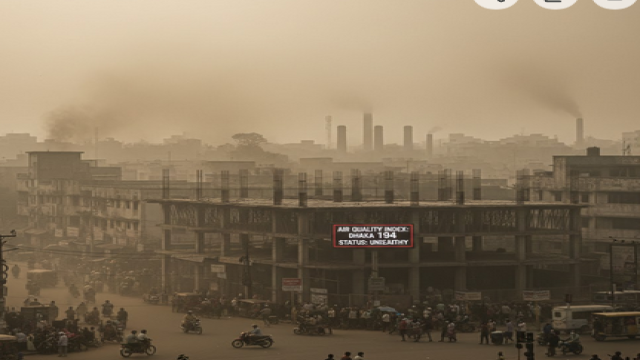






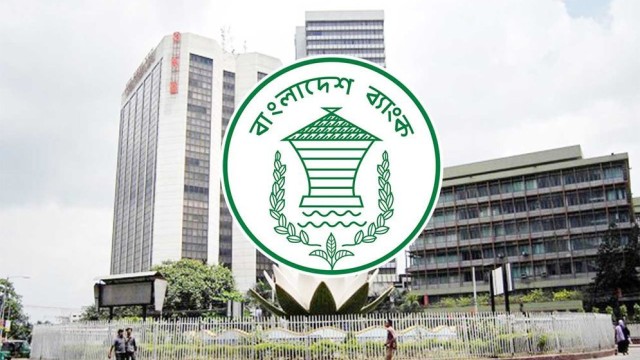
















Comment: